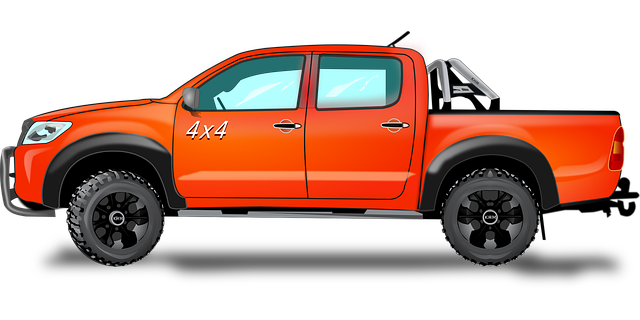Brownsville, Texas fleet managers face unique challenges due to the city's terrain, extreme weather, and border location. They invest in advanced truck recovery equipment, including winches, cranes, and specialized tow trucks, to handle diverse scenarios swiftly. This strategic approach minimizes downtime, maintains equipment integrity, and enhances road safety by optimizing routes and reducing congestion from broken-down trucks. Efficient recovery lines streamline operations, boosting the productivity of the local trucking industry.
Brownsville, Texas, fleet managers face unique challenges when it comes to truck recovery lines due to the city’s geographical location and operational demands. This article explores the significance of efficient recovery processes for local fleets, highlighting the role of specialized equipment. We’ll delve into the latest advancements in truck recovery tools, successful case studies, and best practices for optimizing operations. By investing in modern equipment and implementing safe training programs, Brownsville’s fleet industry can enhance cost savings and operational efficiency while embracing future trends in recovery technology.
- Understanding Recovery Lines in Brownsville, Texas: A Local Fleet's Perspective
- – Definition and significance of recovery lines for truck fleets
- – Unique challenges faced by Brownsville, Texas-based fleet managers due to geographical and operational factors
Understanding Recovery Lines in Brownsville, Texas: A Local Fleet's Perspective

In Brownsville, Texas, understanding recovery lines is paramount for the local fleet operating trucks and heavy machinery. With a diverse terrain that includes both urban areas and rural stretches, efficient recovery operations are crucial to ensure safety, minimize downtime, and maintain the integrity of equipment. The city’s unique geographical location, bordering Mexico, also presents specific challenges, such as rugged border crossings and frequent weather events, which necessitate specialized recovery equipment tailored for these conditions.
Brownsville fleet managers recognize that investment in robust truck recovery equipment is not just a cost but an essential strategic decision. They rely on advanced technologies like winches, cranes, and specialized tow trucks to handle various recovery scenarios. By staying updated with the latest advancements, the local fleet enhances its capabilities to navigate Brownsville’s streets, highways, and surrounding areas effectively. This proactive approach ensures that when accidents or natural disasters occur, recovery operations are swift, ensuring the safety of both personnel and property.
– Definition and significance of recovery lines for truck fleets

Recovery lines play a pivotal role in managing and optimizing truck fleets, especially in dynamic locations like Brownsville, Texas. These lines serve as strategic routes designed to facilitate efficient recovery processes for vehicles that have encountered mechanical issues or been involved in accidents. By implementing well-defined recovery lines, fleet managers can streamline the process of towing and repairing trucks, minimizing downtime and maximizing operational productivity.
Equipment such as truck recovery cranes and specialized tow trucks are integral parts of this system, ensuring that stranded vehicles can be securely recovered and transported to designated repair facilities or service centers. The presence of dedicated recovery lines enhances safety on Brownsville’s roads by reducing congestion caused by broken-down trucks and expediting their removal from active traffic flows. This, in turn, contributes to the overall efficiency of the local trucking industry, fostering smoother operations and faster delivery times for goods and services.
– Unique challenges faced by Brownsville, Texas-based fleet managers due to geographical and operational factors

Brownsville, Texas-based fleet managers face unique challenges due to their city’s geographical location and operational demands. One significant factor is the urban environment, with high population density and heavy traffic congestion, which requires efficient route planning and sophisticated truck recovery equipment to navigate through the bustling streets. The region’s frequent extreme weather conditions, including hurricanes and intense heat, pose another set of problems, necessitating robust maintenance routines and quick response times to minimize downtime for fleet vehicles.
Additionally, the proximity to the US-Mexico border brings logistical complexities, such as customs regulations and cross-border transportation requirements. Fleet managers must be adept at handling these operational nuances while ensuring the safety and reliability of their vehicles. With a high proportion of commercial trucks on the roads, effective communication systems and specialized recovery equipment are crucial to manage accidents, breakdowns, and rapid recovery operations in this dynamic city.
Brownsville, Texas fleet managers face unique challenges when it comes to recovery lines due to the region’s geographical and operational factors. By understanding and implementing the right truck recovery equipment, these professionals can enhance their fleet’s efficiency and safety. Remember that navigating these challenges is crucial for maintaining a vibrant and resilient local transportation network.



